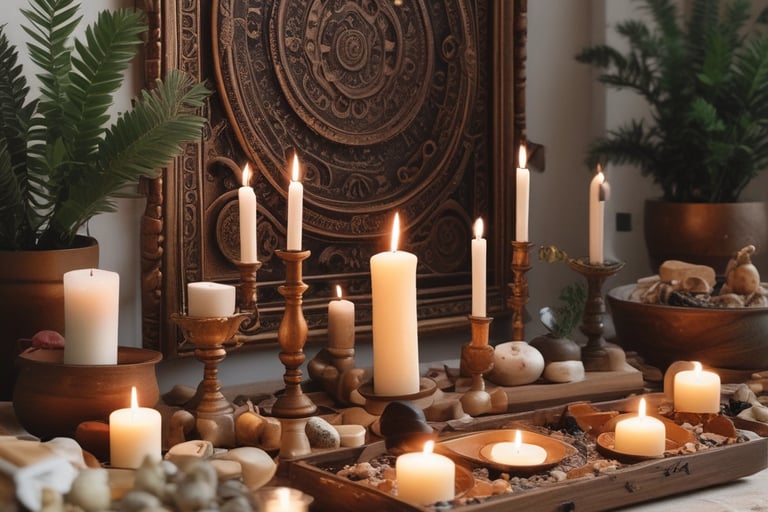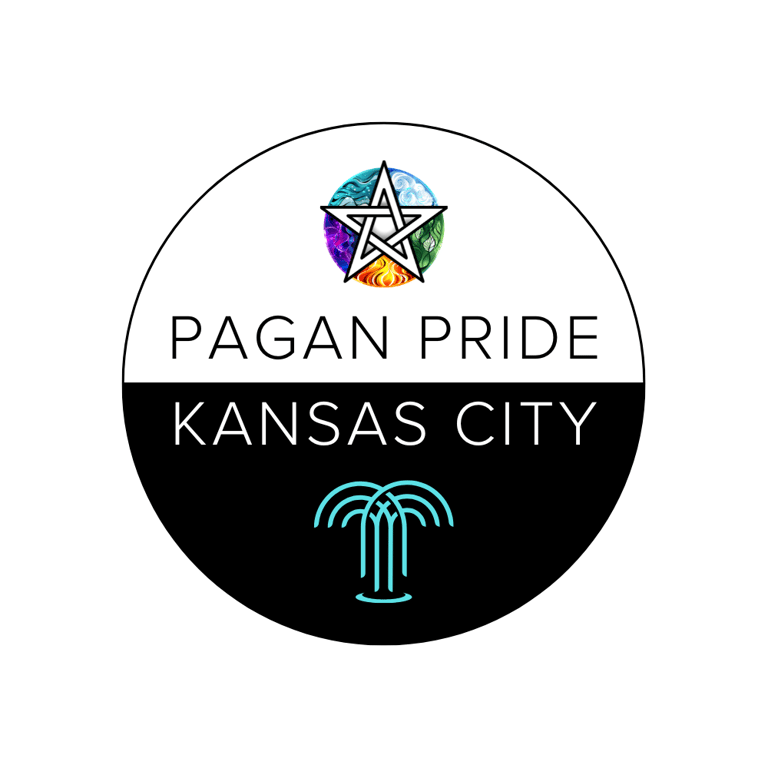What is a Pagan?
Modern Pagans draw their beliefs from a rich diversity of traditions that range from reconstructed ancient religions, modern mainstream religions, and new religious movements. They may be follow a particular tradition or they may follow their own inspiration. They develop their own vision of the Divine and create a direct and personal experience. They accept that there have been and will continue to be many forms of worship and lifestyles.
Though specifics will vary from individual to individual, Pagans generally believe that each individual should enjoy their time on earth and celebrate our connection with each other and the world around us. Pagans recognize each individual as beautiful and tend to cast aside definitions established by the media or harmful stereotypes. Pagans believe that pleasure is something that is to be enjoyed and not avoided or shunned. Pagans believe that love and the expression of that love can be shared between opposite sexes or the same sex, or even between individuals in groups. Polyamory was a term coined within the Pagan tradition to help define to others this concept. Pagans understand the world extends beyond our conscious reality and often pursue studies and practices in alternate realities, magic, metaphysics, spiritualism, and the paranormal. They find connection to the earth and the cycles of the seasons.
Despite its great diversity, hundreds of thousands of individuals have proudly self-defined themselves as Pagan both here in the United States and around the world.
In order to have a functional definition to help educate the public about Paganism, the Pagan Pride Project has created the following definition as a baseline for which communication can take place. We accept that some Pagans might define themselves in a different way, and others that fit the definition might not define themselves as Pagan.
A Pagan is defined by the Pagan Pride Project as someone who self-identifies as a Pagan and whose spiritual or religious practice or belief fits into one or more of the following categories:
Honoring, revering, or worshipping a Deity or Deities found in pre-Christian, classical, aboriginal, or tribal mythology; and/or
Practicing religion or spirituality based upon shamanism, shamanic, or magickal practices; and/or
Creating new religion based on past Pagan religions and/or futuristic views of society, community, and/or ecology;
Focusing religious or spiritual attention primarily on the Divine Feminine; and/or
Practicing religion that focuses on earth-based spirituality.






